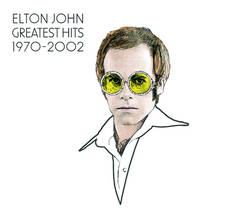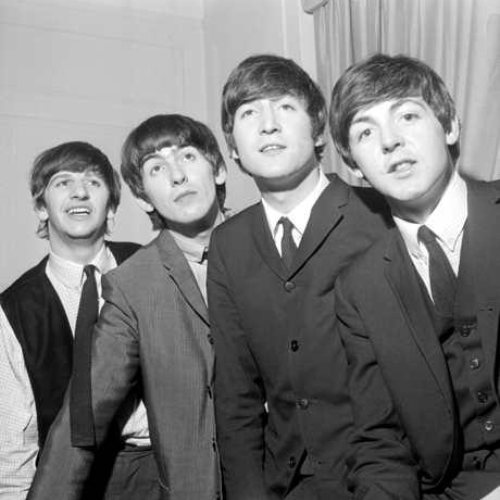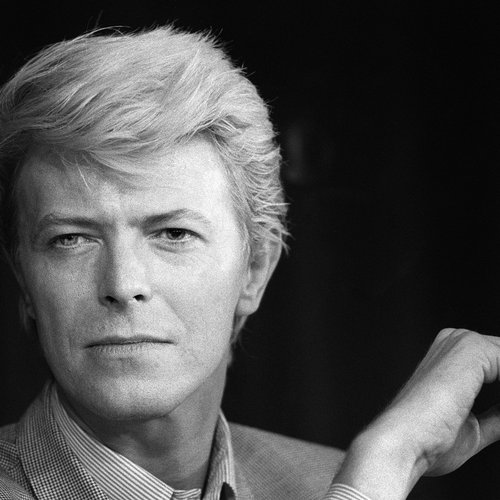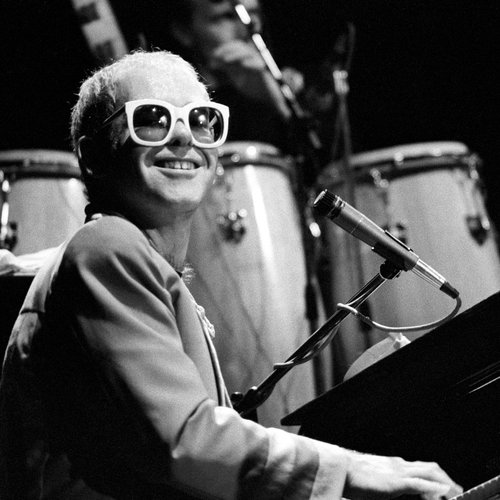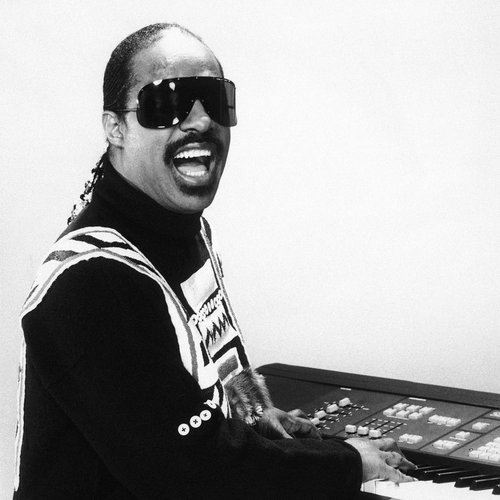How Paul McCartney's 1985 return to the stage at Live Aid was nearly a disaster
27 September 2024, 18:10

Listen to this article
By 1985, he hadn't stepped on stage for six years.
In 1981, Paul McCartney decided to call it a day with his band Wings, having grown disillusioned with in-fighting and life on the road.
In truth, the beginning of the end of Wings was two years prior after their UK tour in 1979, with McCartney claiming to be dissatisfied with the band's performances.
Compounding Wings' misery, the Japanese leg of their tour the following year was cancelled in its entirety due to Paul's arrest upon arriving at New Tokyo Airport for possession of cannabis.
He was thrown in jail for ten days, an experience which soured his opinion of touring, given he was keen to settle down and encouraged his family to live a more normal life.
- When Paul McCartney cheekily joked he’d "never again" smoke cannabis after 1984 court charge
- Paul Is Dead: Where did the Paul McCartney death conspiracy come from?
- The night John Lennon, Paul McCartney and David Bowie nearly formed a supergroup
- When John Lennon and Paul McCartney reconciled and nearly reformed The Beatles
Then in 1980, the unthinkable happened - his former bandmate John Lennon was inexplicably murdered, after The Beatles' icons had reconciled.
Macca kept himself busy throughout the start of the eighties, working tirelessly in the studio and working on various hits with the likes of Stevie Wonder and Michael Jackson.
But it'd take Bob Geldof and Midge Ure to convince Paul to return to the stage once again, which he successfully achieved having organised the pop cultural phenomenon which was Live Aid.
Geldof offered Paul the penultimate slot on the eventful day, though his performance was very nearly a complete disaster.

Paul hadn't stepped on stage since the death of John Lennon, and had largely avoided attending concerts at all.
Of course, he was still musically active, releasing four albums - McCartney II in 1980, Tug of War in 1982, Pipes of Peace in 1983, and Give My Regards to Broad Street in 1984 - within that period.
In 1985 however, Bob Geldof offered him an opportunity to perform in front of millions of people, an opportunity he couldn't turn down.
Live Aid's concert organisers knew they'd have scored a major coup if they signed up at least one surviving member of The Beatles, let alone one half of their chief songwriting partnership.
Geldof knew having an "elder statesman" of British music would add an air of legitimacy to the event, and it was Paul's children - which he referred to as "the management" - who encouraged him to do it.
With only one song up for grabs, Paul plumped for the title track to The Beatles final album, 'Let It Be'.

Paul McCartney - Backstage Interview (Live Aid 1985)
Paul never got the chance to perform 'Let It Be' with The Beatles to an audience, as it didn't make the setlist for their legendary rooftop concert.
He did however perform it with Wings in 1979, during their ill-fated final tour of November and December that year.
So, what better opportunity to showcase one of his finest anthems than to an expected worldwide viewership of 1.9 billion people?
McCartney came on board to perform ahead of the evening's finale in Band Aid's 'Do They Know It's Christmas?', though it was very nearly memorable for the wrong reasons.

Paul McCartney - Let It Be (Live Aid 1985)
Earlier that night, the satellite broadcast cut right when The Who blasted off with 'My Generation' in what was their reunion set, and didn't return until mid-song.
Macca's performance was also beset by technical difficulties - his microphone went completely dead, and the entire Wembley Stadium audience couldn't hear a thing.
There was a loud roar of excitement two minutes in however when things were back up and running, with the sound kicking back in.
Geldof stood side stage with David Bowie, The Who's Pete Townshend, and Alison Moyet, and beckoned them on with him to re-sing the opening verse for those that couldn't hear it.
Bowie nearly cocked it up himself as he started singing the wrong verse, before correcting himself.
In a recent interview, Bob Geldof reflected on the epic performance, revealing that Paul was "scared stiff" throughout the whole day prior.

- Queen at Live Aid: The story of the greatest gig of all time
- 30 massive artists who DIDN'T play Live Aid and why: Michael Jackson, Stevie Wonder, Rod Stewart and more
- Spandau Ballet's Tony Hadley reveals his massive Live Aid regret and how he thought 'True' would flop
- Jimmy Page still blames Phil Collins for Led Zeppelin's disastrous Live Aid reunion

"Paul had not played since John [Lennon] had died, people forget that, and he was scared stiff," The Boomtown Rats singer said.
"The drive up to Wembley from their house in Rye, I think, he was listening to the show and he got more and more scared on the day."
"He comes out on stage and sings 'When I find myself in trouble', bang the mic goes down."
"He doesn’t quite realise at first, I am at the side of the stage with Bowie, Alison Moyet, Pete Townshend, as you are, and suddenly the crowd start singing it."
"If you listen to the actual real soundtrack of Live Aid, the crowd sing it for Paul."
"Pete says 'we've got to go out and sing it for Paul', so we go out on stage and start singing, then the mics come back on. That actually happened."
Despite the microphone blip, Paul felt the whole experience was a positive one, and one that encouraged him to dip his toe back into live performance: since 1989, he's virtually been on tour ever since.
